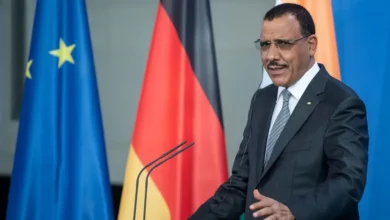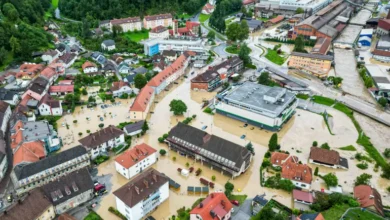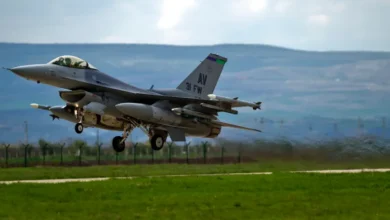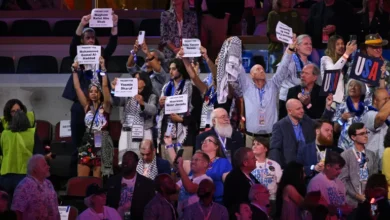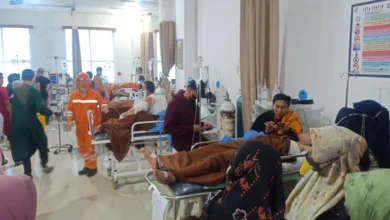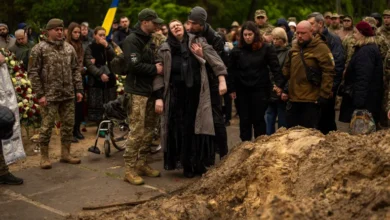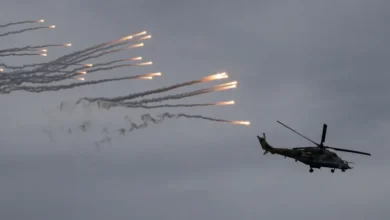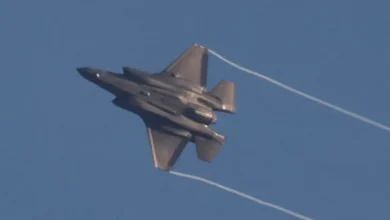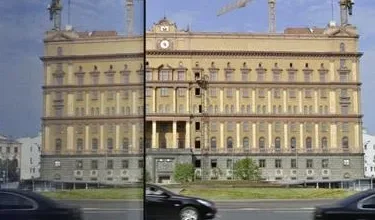What Aida of Khan Younis can teach us about courage
Ghada Ageel
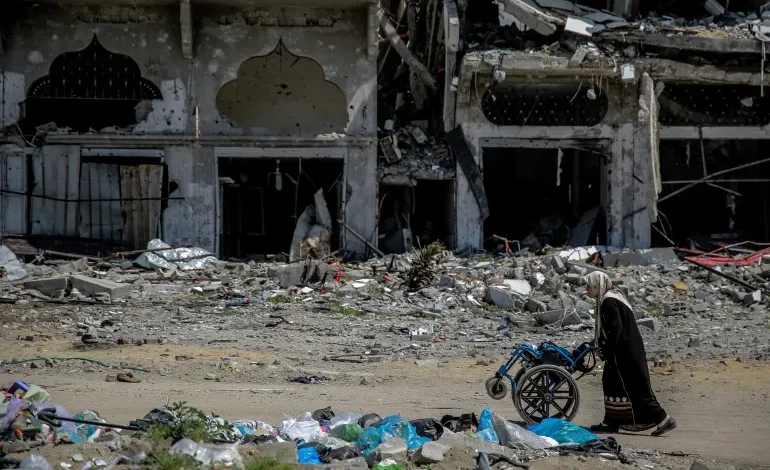
In the days leading up to Ramadan, we heard the hopeful word “ceasefire”. The US president uttered it, and the media repeated it. For a short moment, the lives of Palestinians in Gaza hung in the balance, caught between the possibility of a truce for the holy month and Israel’s relentless drive to eliminate my people from the face of the Earth.
International Women’s Day came and went; women in Canada, where I physically live, celebrated; women in Gaza, where my heart is, faced another day struggling to help their families survive. Still, no sign of a ceasefire.
My cousin Ahmad, Uncle Fathi’s son, had gone back to see what was left of their home. That is when he learned that some neighbours – relatives of my husband – had stayed behind to care for elderly and disabled people who could not be moved. They had all sheltered in the diwan (the family hall for social gatherings) of one house. Then the bombs struck and killed 18 of them.
Ahmad recounted the horror, his words searing into my soul. He told me how he collected the body parts of my husband’s family – old people, children, and women – scattered everywhere. He did what he could for the dead, then he had to think of the living. He went through the rubble of his family home, looking for children’s toys and clothes to take to their new shelter in al-Masri Tower.
As the attack on al-Masri Tower unfolded, I stayed glued to the TV, praying that my relatives had survived. I was worried that even if they had, my uncle with his heart problems and high blood pressure, would be at risk. Ahmad had expressed deep fear for his father’s health the last time we had spoken. A few hours later, it was confirmed that the tower had been hit. People documented it with their cell phone cameras. I tried to sleep.
